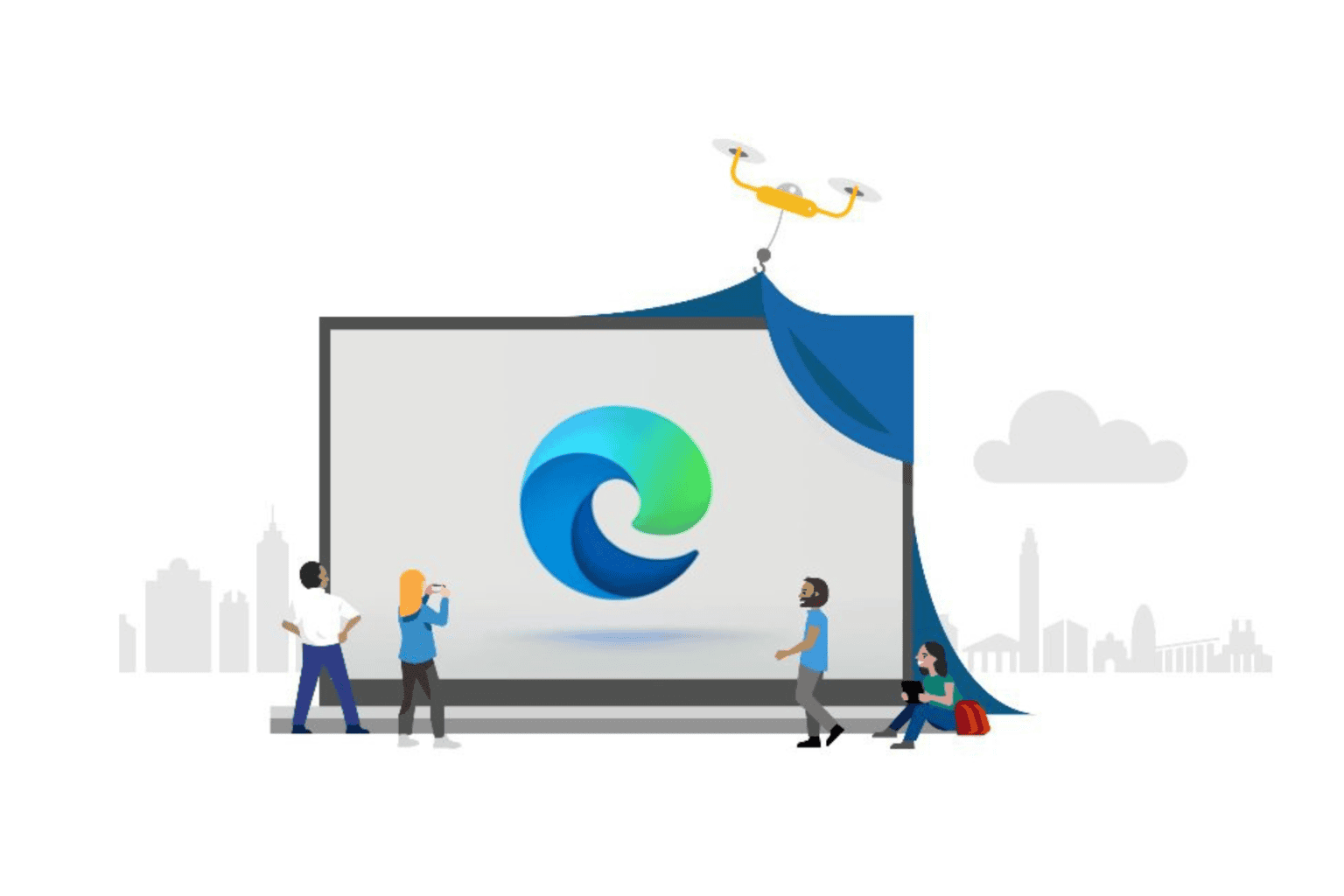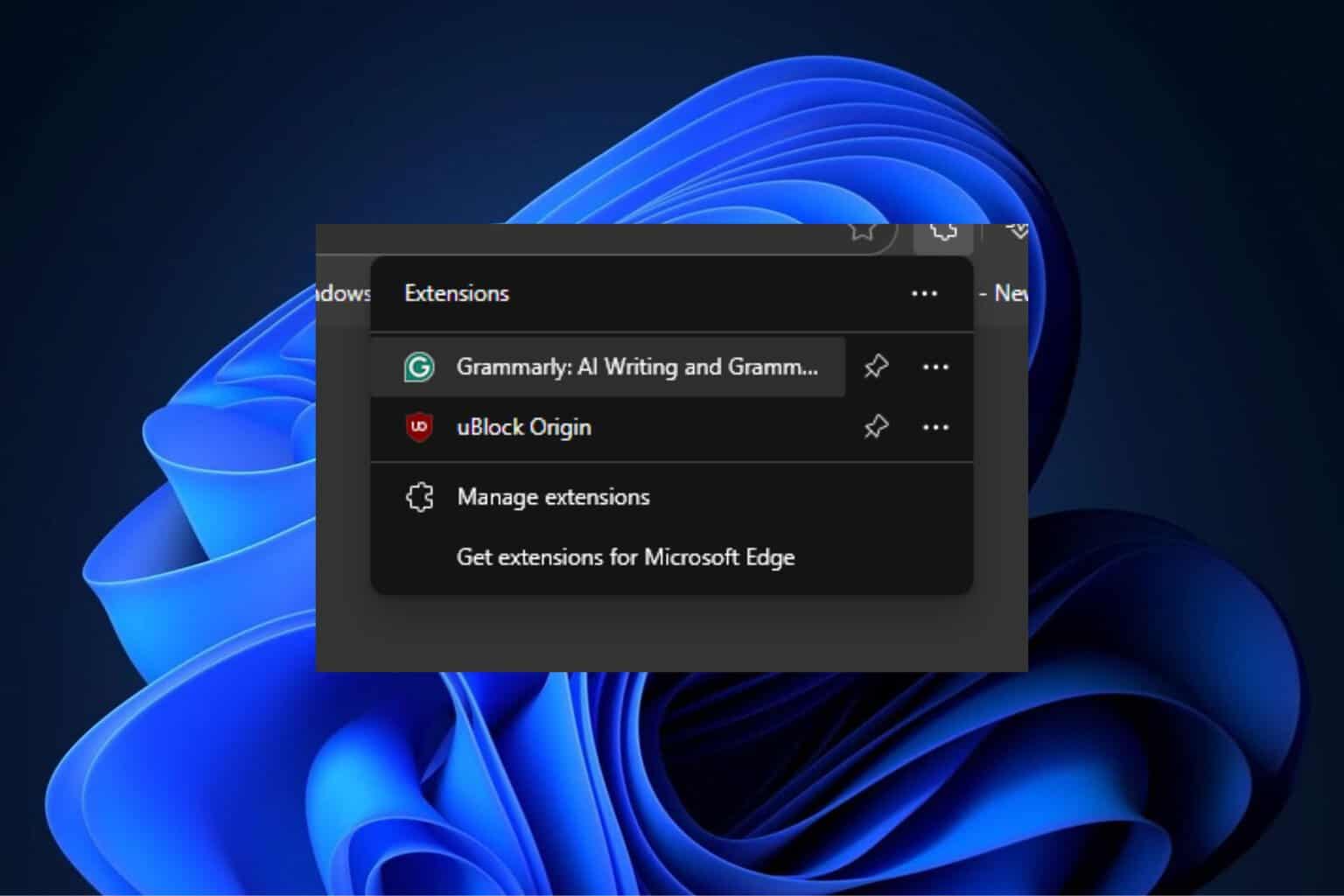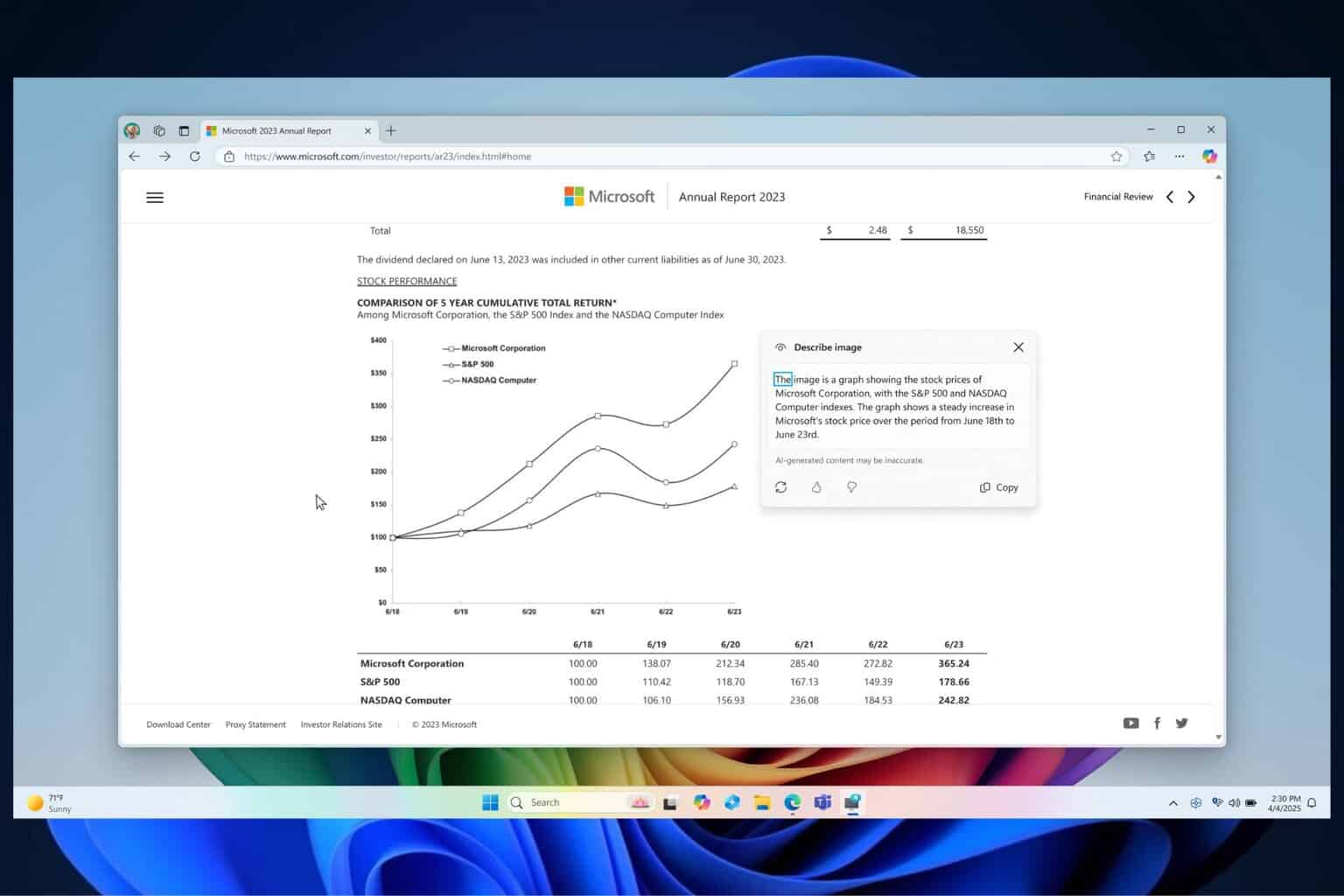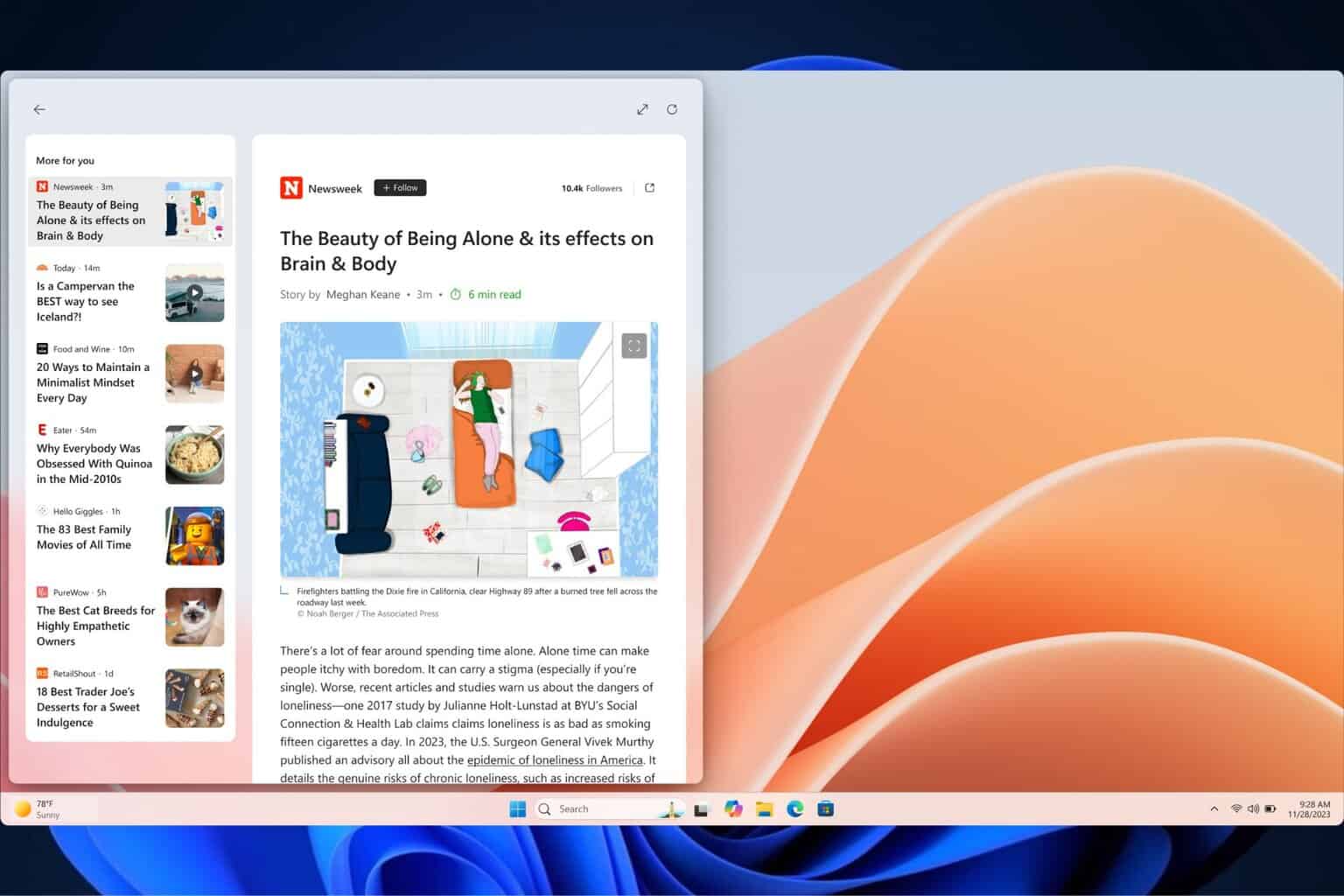Microsoft's $2.1B deal with French-based AI company focuses on Azure, not OpenAI
3 min. read
Published on

Last month, Microsoft signed a €2 billion ($2.1 billion) deal with the French-based open-sourced company Mistral, and it’s becoming clear that the deal has less to do with replacing OpenAI, and more to do with establishing a more European-friendly cloud services provider.
At the time of its announcement, Microsoft’s multi-year deal with Mistral landed with industry conspiracist pointing to the legislative scrutiny the company’s OpenAI partnership was facing as the reason for the billion-dollar investment. Mistral is a less-than-a-year-old company already valued at $2B and Microsoft taking a stake claim this early appeared to many as the company hedging its many bets on its AI-future, akin to developing its own Small-Language-Models (SMLs) and other initiatives.
However, The Verge spoke with Arun Chandrasekaran, an analyst from Gartner who laid out the differences between what Microsoft is doing with OpenAI in Azure and what it plans to accomplish with Mistral.
Unlike the OpenAI investment, where they were very public about it, the Mistral deal is a bit more secretive. The investment into OpenAI is still more strategic because they’re not bringing Mistral inside its apps but to train models on Azure.
Arun Chandrasekaran, an analyst from Gartner
While OpenAI also powers model uses in Azure, its open sourced GPT language model remains the underlying technology for its consumer facing services whereas Mistral’s latest AI model Mistral Large, will be an exclusivity play to draw developers to Microsoft’s host of cloud services and platforms.
Microsoft’s partnership with Mistral AI is focused on three core areas:
- Supercomputing infrastructure: Microsoft will support Mistral AI with Azure AI supercomputing infrastructure delivering best-in-class performance and scale for AI training and inference workloads for Mistral AI’s flagship models.
- Scale to market: Microsoft and Mistral AI will make Mistral AI’s premium models available to customers through the Models as a Service (MaaS) in the Azure AI Studio and Azure Machine Learning model catalog. In addition to OpenAI models, model catalog offers a diverse selection of both open-source and commercial models. The ability to use Microsoft Azure Consumption Commitment (MACC) for purchasing Mistral AI’s models is available today. Azure’s AI-optimized infrastructure and enterprise-grade capabilities offer Mistral AI additional opportunities to promote, sell, and distribute their models to Microsoft customers worldwide.
- AI research and development: Microsoft and Mistral AI will explore collaboration around training purpose-specific models for select customers, including European public sector workloads.
Currently Mistral is hosted in Europe and through Azure AI Studio and Azure Machine Learning which gives Microsoft a leg on the second most popular commercial language model available as well as entrenching the company in Europe ahead of EU regulatory enforcement of the new AI Act.
Unlike the US-based OpenAI business, the European embedded Mistral should theoretically move faster to accommodate the EU’s stricter AI regulations in the region which allows Microsoft to maintain an AI services stronghold in the area while its other pre-generative companies come up to speed with their global releases.
Early on Microsoft established Azure as its cloud-everything platform akin to Windows and its stake in Mistral continues that thread as it looks to evolve its cloud services platform into a language model bazar for AI-focused developers of the future.









User forum
0 messages